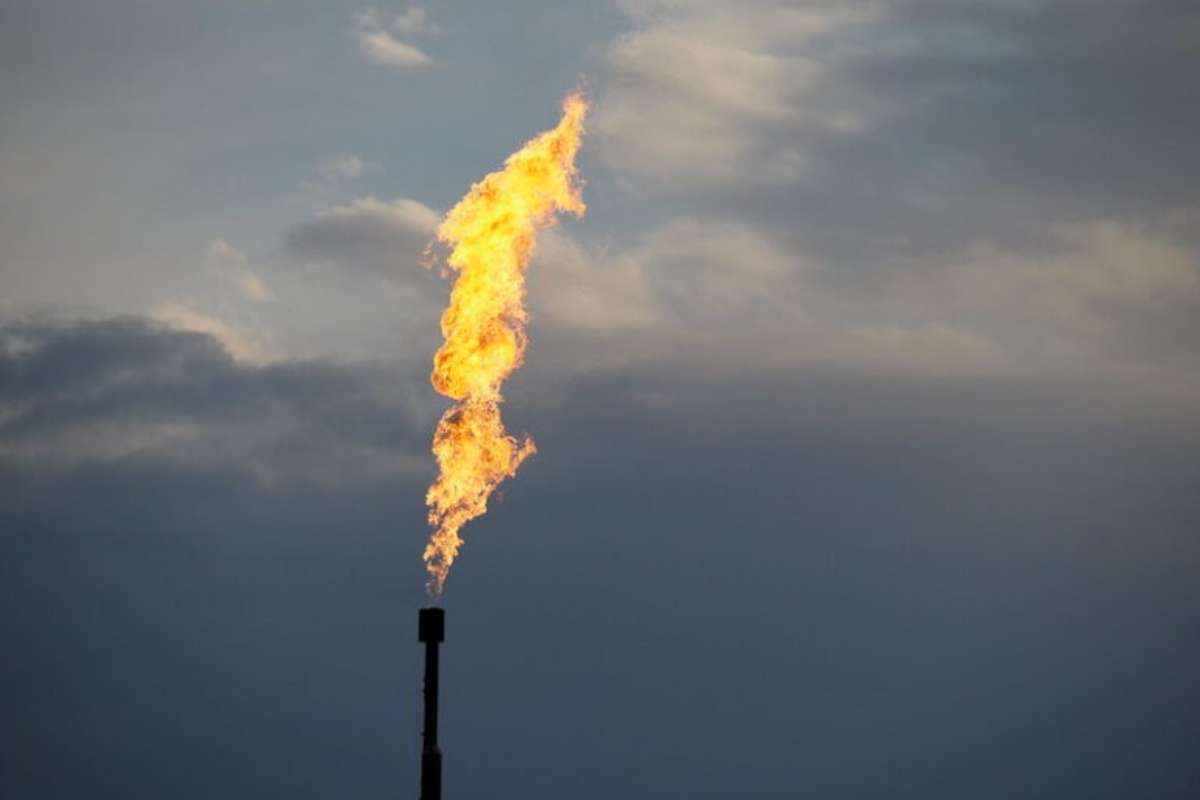Oil and gas lobby from both sides of the Atlantic are intensifying pressure on the European Union to weaken its newly adopted methane emissions regulation. The policy, finalized in August 2024 and scheduled for full enforcement by 2030, mandates comprehensive measurement, reporting, and verification (MRV) of methane emissions across energy, agriculture, and waste sectors. A recent report from the climate think tank InfluenceMap reveals that lobbying efforts from energy giants such as BP, ConocoPhillips, and Oil and gas lobby groups like Eurogas have surged in recent months, aiming to dilute the regulation’s scope and requirements.
The regulation is a central pillar of the EU’s climate agenda and is expected to slash methane emissions from oil and gas imports by at least 64% by 2031. It includes strict provisions to detect and repair leaks, and it bans routine flaring and venting. However, industry representatives argue that these measures threaten energy security and competitiveness, especially as the EU accelerates efforts to reduce reliance on Russian gas imports, shifting toward liquefied natural gas (LNG) supplies from the United States.
Dual Strategy: Weakening Rules While Citing Energy Security
InfluenceMap’s findings, published on June 10, describe a two-pronged Oil and gas lobby strategy. On one front, fossil fuel companies are advocating for looser regulatory language under the banner of “simplification” and competitiveness. On the other, they are warning policymakers that stringent methane limits could endanger long-term LNG contracts and jeopardize Europe’s energy security.
In February 2025, the International Association of Oil and Gas Producers claimed the regulation posed risks to transatlantic energy deals. Shortly after, Eurogas published a position paper stressing similar concerns. In April, 19 energy groups—including multinationals and U.S. trade associations—jointly urged the European Commission to reconsider the regulation, stating it poses “significant challenges” to maintaining an affordable and secure gas supply in the region.
U.S. groups have been especially vocal, with letters from the Chamber of Commerce and American Petroleum Institute warning that the methane rules could block American fossil fuels from entering the European market. A May 2024 communication between EU officials and U.S. LNG exporter Cheniere Energy reportedly labelled MRV obligations as “unworkable,” further fueling tensions.
Methane’s Environmental Impact Highlighted by New Canadian Study
Amid the regulatory tug-of-war, scientific research continues to underscore methane’s environmental impact. A new peer-reviewed study from McGill University in Montreal reveals that methane emissions from inactive oil and gas wells in Canada are significantly underreported. According to the study, actual emissions are estimated at 230 kilotonnes per year—seven times higher than the 34 kilotonnes listed in Canada’s national inventory.
Mary Kang, the study’s lead author and associate professor at McGill, emphasized that these findings reflect only 0.1% of Canada’s 425,000 inactive wells. Methane, a greenhouse gas over 25 times more potent than carbon dioxide over a century, is primarily released through flaring and leaky infrastructure. The research reinforces the urgency behind comprehensive methane regulation, as the EU and global partners struggle to reconcile climate objectives with energy demands.
Explore More News In Our Oil Gas Energy Magazine












